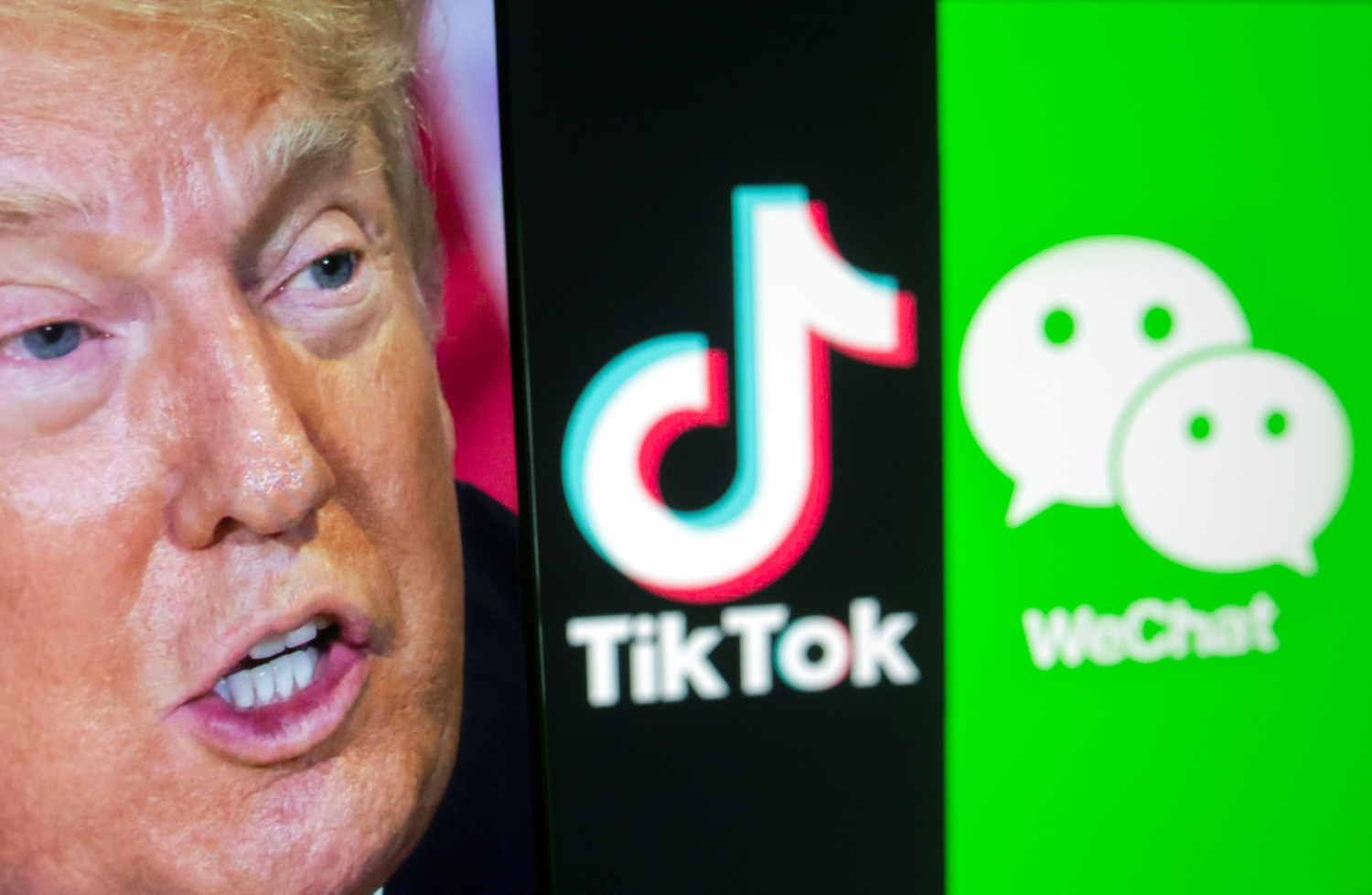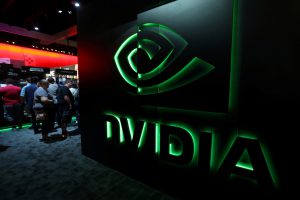(ATF) Despite the geopolitical tumult in this pandemic year, TikTok climbed a steep hill to be the sixth-most used app worldwide, giving it a worth of around $75 billion and making it one of the most valuable privately-owned companies.
The app’s parent, ByteDance has signed many deals with music giants and other corporations around the world but it continues to face challenges, such as legal battles over TikTok’s operations in the US and possible fragmentation of its corporate ownership in some countries.
Powered by sophisticated AI technology, TikTok’s modus operandi has always been to create, share and view 15-second sketches, memes, dancing and lip-synching videos like a Vine 2.0 short-form app.
The crux of the business model is chart-topping music, having a lion’s share of influence in an industry that can’t ever go wrong with its targeted young audience – Gen-Z, otherwise known as Zoomers.
While the concept is original, competitors are catching up fast. Facebook decided to test a ‘Short Video’ function on its website in India with its popular subsidiary Instagram recently cloning TikTok’s video-sharing with ‘Reels’.
People of all ages and races have taken a great interest in the app to explore their identities through the medium of music, interactive filters and algorithms that display content on the ‘For You’ feed.
How did TikTok get here?
According to Sensor Tower’s latest report from its Store Intelligence platform on the most downloaded apps of 2020, TikTok clinched the top position with 63 million installs worldwide on Apple Store and Google Play. This came on top of Musical.ly’s 100 million users at the time that Bytedance acquired it, and gave TikTok the boost needed to transform it into a market leader.
After the buyout of would-be rival app Musical.ly in 2018 for nearly $1 billion and migrating its users to TikTok, the app served as a staging ground for pop hits like Lil Nas X’s ‘Old Town Road’, as well as Y2k and bbno$’s ‘Lalala’.
ByteDance inherited up to 8,000 licensing deals from Musical.ly. And from April 2020, talks with Sony, Universal Group and Warner covered short-term licences in an effort to generate more revenue.
Just to understand how the global internet company secured music publishing rights better, it’s important to bear in mind the series of investigations into potential copyright infringement.
Last year, the National Music Publishers’ Association (NMPA) in the US filed a lawsuit on grounds that the group violated US copyright laws, according to a Financial Times report. But a settlement appeared to have been reached as they have since had a change of heart. The NMPA’s latest statement said: “We are pleased to find a way forward with TikTok which benefits songwriters and publishers and offers them critical compensation for their work.”
A UK-based global indie artists’ rights company, Merlin, also signed an agreement with TikTok. For a platform free-of-charge for users, the marketing possibilities are endless for music repertoires like Merlin to convert users to listeners to pay to stream their music.
The paradox of TikTok for business
In terms of popular knowledge, there’s no doubt TikTok is said in the same breath as YouTube and Instagram, as a major feat that ByteDance has accomplished in the eyes of ad-buyers, investors and partners is their evolution of growth concepts and operating tools that see no signs of stopping.
“Don’t make ads. Make TikToks” is the self-serving advertising model, akin to Facebook’s ads manager, which allows brands to promote and pair up with content creators on paid campaigns with TikTok acting as the middle-man support.
Targeting small businesses hit by the pandemic so they can apply for free ad credits on their social advertising platforms to reach a bigger audience is an effective marketing ploy. Some of their multi-pronged tactics include in-feed and takeover ads, branded filters and the topmost favorite – the branded hashtag challenge.
To enumerate, BMW’s launch of #THE1challenge on behalf of its BMW 1 Series garnered over 9 million views and Nike’s #MagicBoots brought on its TikTok ambassador, Ben Black, with 2.3 million followers and Liverpool’s left-back player, Andy Robertson for users to strut their football stunts to win a pair of their kicks.
As stated by the digital marketing agency, Jungetopp, 15 household brands from sports, fashion and F&B industries like KFC, Balenciaga, L’Oreal and Kaufland maximise TikTok’s awareness-raising capacity.
On the flip side, Beijing has at times preferred to tighten its bureaucratic rules on export controls by stonewalling commercial deals with global companies. For instance, in 2018, US tech conglomerate Qualcomm had to drop a $38 billion deal to buy Dutch chipmaker NXP Semiconductor after Chinese regulators rejected the transaction.
In fact, the country’s official Xinhua news agency published a rare commentary in August from Professor Cui Han of international trade at China’s University of International Business and Economics discussing the significance of regulating emerging technologies from ByteDance. He was quoted as saying: “If ByteDance plans to export related technologies, it should go through the licensing procedures”, adding that “the list of related prohibitions and restrictions in the field of technology trade cannot be reduced but not increased like the negative list of foreign investment access.”
While the amendments to export laws have not been revealed, the move indicated that China wanted to hold sway on who gets control of TikTok in the US. Indeed, it described the Trump Administration’s bid for an American buyout of TikTok’s operations in the US, on grounds that its control of user data was a threat to national security, as “bullying”.
Scott Kennedy, a senior adviser at the Washington-based Center for Strategic and International Studies with expertise in Chinese economic policy, told the Economic Times that the China’s rule changes “could be an effort to outright block the sale, or just raise the price, or attach conditions to it to give China leverage down the road.”
Judge rebuffs Trump bid for ban
Months after US President Donald Trump’s executive order to prevent ByteDance from retaining control over TikTok’s operations in the US, the outcome of the battle remains unclear. The Chinese parent company hoped to sell stakes in TikTok to US-based firms to ease concerns about data privacy.
Last week, US District Court Judge Wendy Beetlestone barred the executive order from blocking technical transactions of Tiktok in the country that were due to take place on November 12. Beetlestone ruled that the national security risks described in the president’s order were “phrased in the hypothetical”, and that no concrete evidence had been provided by the Trump camp.
Adding to the confusion over American investors in regard to ByteDance’s proposal was Kevin Mayer’s resignation as CEO of TikTok just two months after he took that position.
So, a decision on TikTok’s operations in the US markets is in limbo. Major companies such as Oracle and Walmart are steering a bid to run TikTok’s operations in America, and ease the Trump Administration’s concerns over alleged security threats. If anything, a deal with Walmart could help it attract an even bigger consumer market, nationally and globally. China’s version of TikTok under ByteDance, Douyin, has video commerce features that Walmart could imitate in the US.
But with China’s new technology trade regulations and rivals in various countries redefining their version of video-sharing features, TikTok’s future has become cloudy and complicated.
President-elect Joe Biden’s stance on TikTok is unclear. ByteDance will likely pose questions to the new administration due to take office in late January about the future of the short-form video app.
But at the end of the day, the fate of the TikTok in the US (and a possibly other Western nations) probably hinges on the US-China trade outlook under a Biden administration. And that has not been clearly spelt out yet, which means it could be months before this geopolitical tussle is resolved.























